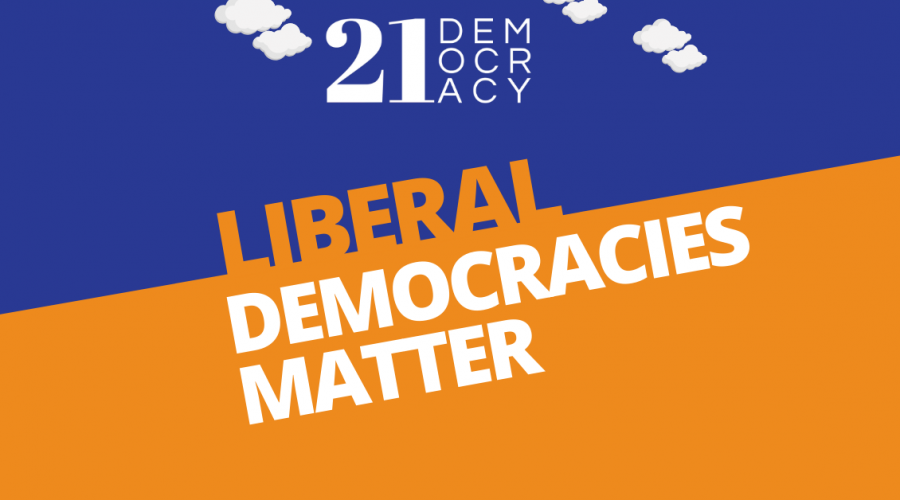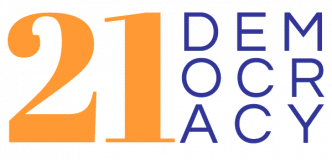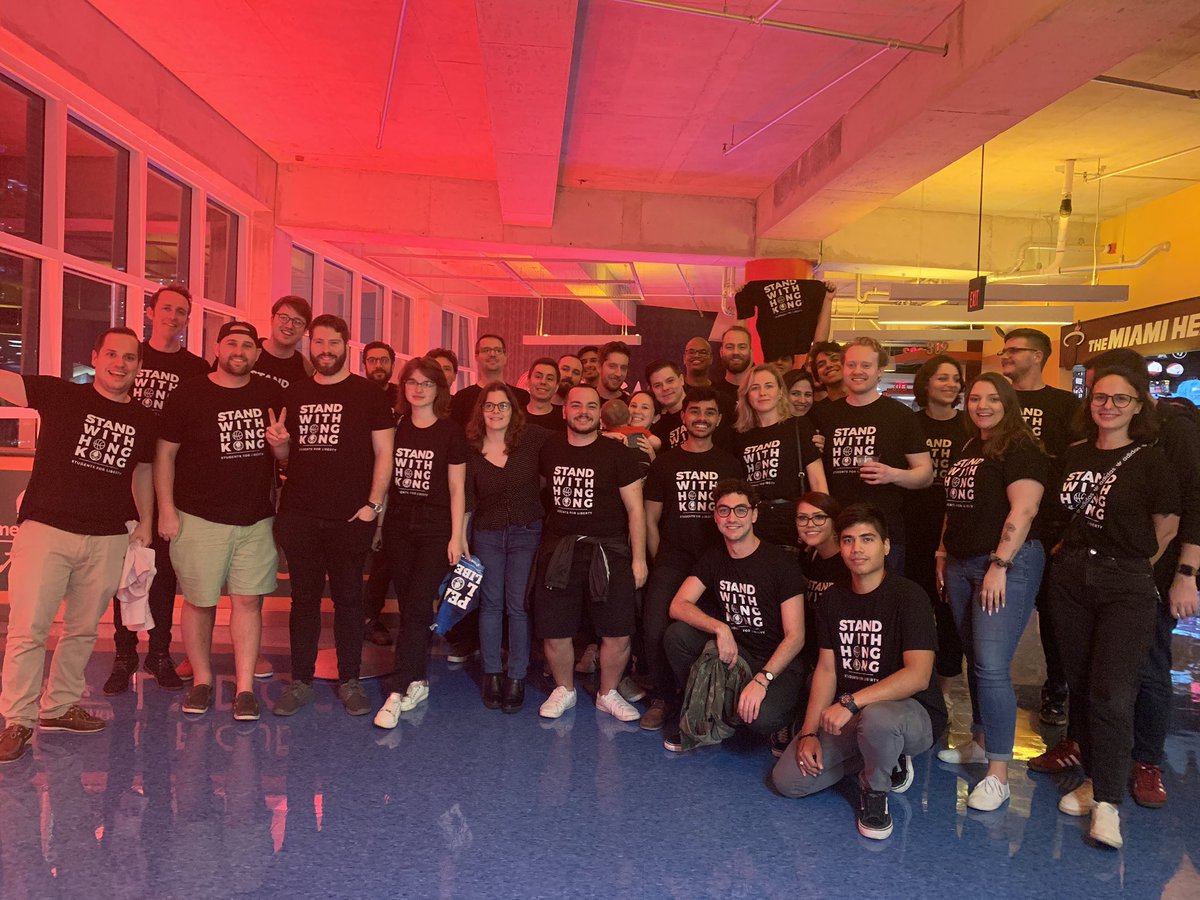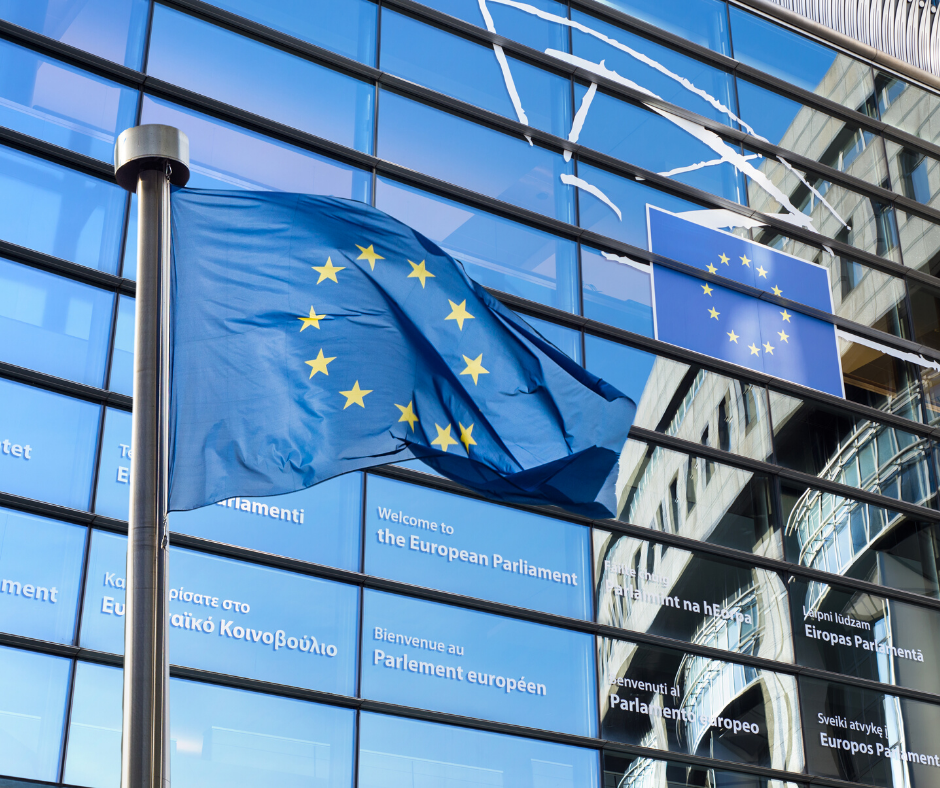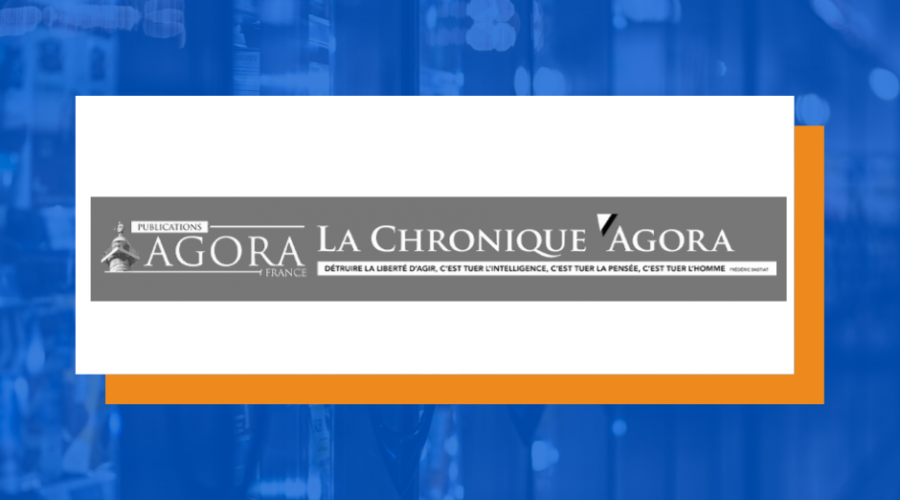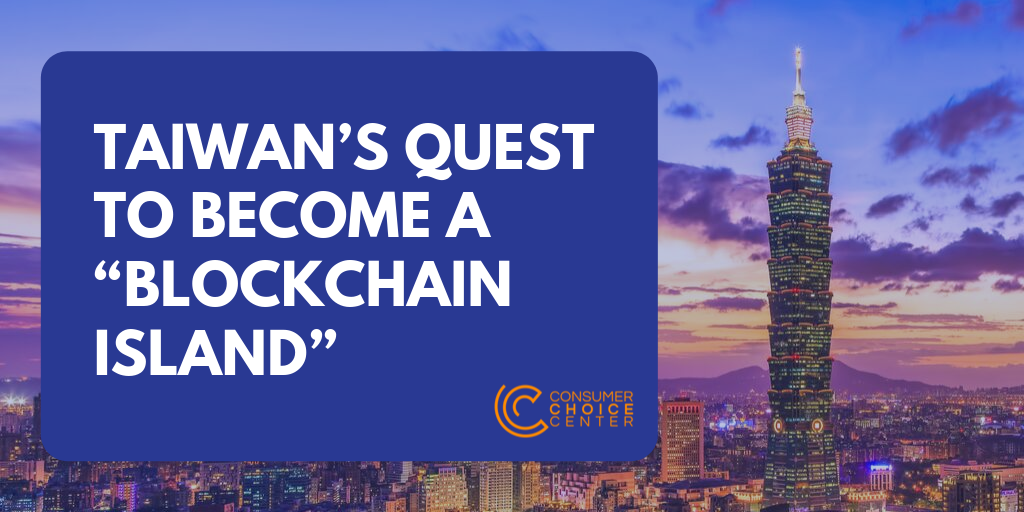The Deep State Will Challenge the New FDA Head

If we are to realize the kind of aggressive, innovation-promoting deregulation called for by President Trump, Stephen Hahn (FDA) will need to disrupt the agency’s built-in bias for overregulation.
Now that the Trump Administration’s new FDA commissioner, Dr. Stephen Hahn, has been confirmed, he’ll find he has one of the most difficult and important jobs in government. The FDA’s purview is wide, regulating pharmaceutical and other medical, food, and vaping products that account for more than 25 cents of every consumer dollar, over a trillion dollars annually.
Government regulation offers some reassurance to the public, to be sure, but when it is wrong-headed or merely fails to be cost-effective, it actually costs lives—directly by withholding life-saving and life-enhancing products, and also indirectly by diverting societal resources to gratuitous regulatory compliance.
Dr. Hahn is inheriting an organization that is huge, critical, and dysfunctional. The stakes are high. For example, FDA has pushed the average cost (including out-of-pocket expenses and opportunity costs) to bring a new drug to market to over $2.5 billion. That ensures that many new drugs will have a hefty price tag, and that others will never be developed at all.
Putting FDA on the right track will require toughness and discipline at an agency where more than 99.9 percent of the employees are civil servants who cannot be fired even for incompetence or insubordination. (Did we hear someone mutter, “deep state?”)
Government regulators have vast power and wide discretion; unfortunately, the incentives that guide them are perverse.
The late, great economist Milton Friedman observed that to gain insight into the motivation of an individual or organization, look for the self-interest. So, where does the self-interest of regulators lie? Not necessarily in serving the public interest, alas, but in expanded responsibilities, bigger budgets and grander bureaucratic empires for themselves.
Former FDA Commissioner Frank E. Young once quipped that “dogs bark, cows moo, and regulators regulate.” Consistent with that propensity, FDA has sometimes exceeded its congressional mandate. Regulators have concocted additional criteria for marketing approval of a new drug—above and beyond the statutory requirements for demonstrating safety and efficacy—that could inflict significant damage on both patients and pharmaceutical companies.
For example, they have arbitrarily demanded that a new drug be superior to existing therapies, although the Food, Drug and Cosmetic Act requires only a demonstration of safety and efficacy. And Phase 4 (postmarketing) studies are now routine, whereas the FDA used to reserve them for rare situations, as when there were subpopulations of patients for whom data were insufficient at the time of approval.
The effects of FDA regulators’ self-serving actions range from the creation of disincentives to research and development (which inflates their costs) to significant threats to public health, such as the years-long delay in approval of a much-needed meningitis B vaccine.
Another egregious example of the impact of excessive risk-aversion is the sorry saga of a drug called pirfenidone, used to treat a pulmonary disorder called idiopathic pulmonary fibrosis (IPF), which used to kill tens of thousands of Americans annually. The FDA unnecessarily delayed approval of the drug for years, although it had already been marketed in Europe, Japan, Canada, and China. During the delay, more than 150,000 patients died of IPF in the United States, many of whom could have benefited from the drug.
Many years of fat budgets have enabled the FDA to waste resources. In 2017, for example, the agency sought public comments about its use of focus groups, claiming they “provide an important role in gathering information because they allow for a more in-depth understanding of patients’ and consumers’ attitudes, beliefs, motivations, and feelings.” FDA officials seem to have forgotten that their mission is to make science-based decisions—primarily about product safety, efficacy, and quality—as expeditiously as possible, whatever the public’s beliefs, motivations, and feelings may be.
A particularly dubious policy is the FDA self-declared jurisdiction over all “genetically engineered” animals. Subsequently, the agency then took more than 20 years to approve the first one—an obviously benign, fast-growing salmon—and then made a colossal mess of the five-year review of a single field trial of a mosquito to control the mosquitoes that transmit the Zika, yellow fever, dengue fever, and chikungunya viruses. Eventually, the FDA relinquished jurisdiction over that mosquito and other animals with pesticidal properties to the EPA, where they belong.
We need structural, policy, management, and cultural changes that create incentives for FDA to regulate in a way that is evidence-based and imposes the minimum burden possible. A number of possible approaches and remedies to accomplish that have been described, ranging from radical to more conservative.
Significant legislative changes, or even meaningful congressional oversight, would go a long way toward reining in an agency so culturally invested in more regulation. But political realities make this unlikely anytime soon.
If we are to realize the kind of aggressive, innovation-promoting deregulation called for by President Trump, Hahn will need to disrupt the agency’s built-in bias for overregulation.
Originally published here
The Consumer Choice Center is the consumer advocacy group supporting lifestyle freedom, innovation, privacy, science, and consumer choice. The main policy areas we focus on are digital, mobility, lifestyle & consumer goods, and health & science.
The CCC represents consumers in over 100 countries across the globe. We closely monitor regulatory trends in Ottawa, Washington, Brussels, Geneva and other hotspots of regulation and inform and activate consumers to fight for #ConsumerChoice. Learn more at consumerchoicecenter.org

